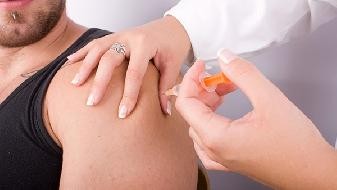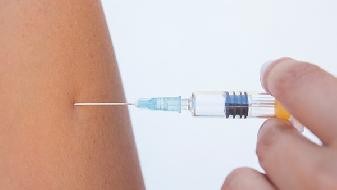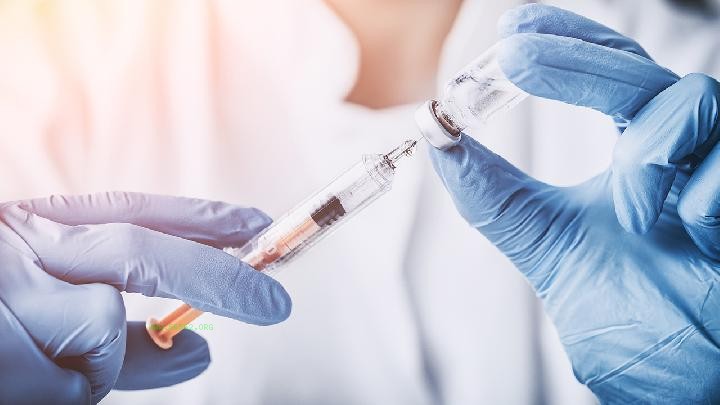At present, the domestic vaccine is mainly inactivated vaccine, which requires two shots. It is suggested that the two shots should be from the same manufacturer, which can ensure the stability of the vaccine. However, with the increase of the number of people who receive the vaccine, some people will fail to receive the second shot. So, can the second shot of COVID-19 vaccine exceed 28 days?
 If the second dose of COVID-19 vaccine exceeds 28 days
If the second dose of COVID-19 vaccine exceeds 28 daysAfter the first dose of COVID-19 vaccine is inoculated, it is generally recommended that the second dose be inoculated after an interval of 2-4 weeks. The purpose of receiving the second dose is to enhance the effectiveness of the vaccine, so that this antibody can be generated. If the delay time is too long, it will have a certain impact on the effectiveness of the vaccine, but it is difficult to determine the extent of this impact. The first thing to note is that the interval should be at least two weeks, which is a matter of time limitation. Additionally, if serious adverse reactions occur after the first injection, a second injection is not recommended. These adverse reactions refer to other serious adverse reactions besides local pain or mild fever. In addition, if you feel uncomfortable after injection and still cannot relieve it after rest, you need to seek medical attention in a timely manner. After vaccination, it is recommended to continue with existing protective measures such as wearing masks, washing hands frequently, and maintaining social distancing. Firstly, it takes some time for the vaccine to take effect, at least two weeks. In addition, not everyone can achieve the desired effect after vaccination, so continuing to adhere to protective measures is not only to protect oneself, but also to be responsible to others.

In the clinical test phase of COVID-19 vaccine, the COVID-19 vaccine was isolated for 14 days after completion, in order to test and evaluate the safety and effectiveness of COVID-19 vaccine. However, the clinical test has been completed now, and the Phase III clinical trials in many countries around the world have further verified the effectiveness and safety of the vaccine, which has begun to be used in the market in a large scale, so isolation is unnecessary.
Fatty liver can be vaccinated with COVID-19 vaccine

Fatty liver can generally be vaccinated with COVID-19 vaccine. Fatty liver is a liver and kidney disease. If the condition is relatively stable, you can usually take COVID-19 vaccine, but if you are in the acute stage of the disease and in poor condition, you'd better not take it to avoid adverse reactions.
If you often drink and suffer from fatty liver, you can cooperate with the doctor to use drugs for treatment, and do a good job of personal protection in daily life, which also helps to prevent infection with COVID-19.In general, fatty liver can be injected with COVID-19 vaccine, which will not affect the effect of COVID-19 vaccine.
However, if the patient has severe fatty liver and has obvious abnormal liver function, it is impossible to vaccinate COVID-19 vaccine at this time, which may cause side effects and endanger the patient's health. People who meet the requirements of COVID-19 vaccine need to observe whether there are side effects after COVID-19 vaccine is inoculated, and they need to observe in the vaccination unit for 30 minutes. If side reactions occur, appropriate treatment should be given under the guidance of a doctor. Common side reactions include fever, rash, nausea, vomiting, etc.
After the COVID-19 vaccine is inoculated, pay attention to the diet. Clinically, it is mainly light diet, and avoid eating spicy food, so as not to affect the effect of the vaccine.






Comments (0)
Leave a Comment
No comments yet
Be the first to share your thoughts!